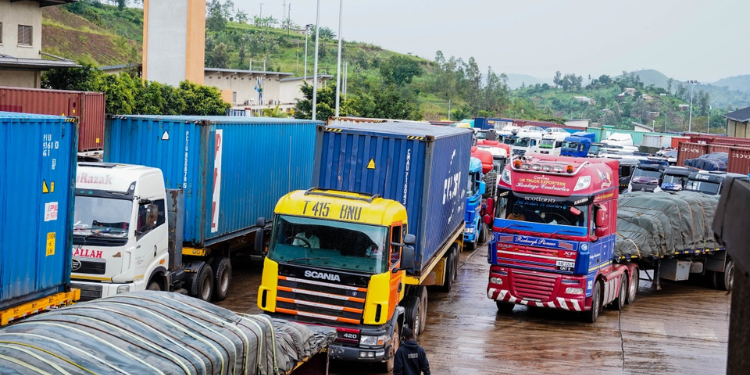The Kenya Revenue Authority (KRA) has issued a final call to transporters operating vehicles under customs control to renew their licenses before the 31 October 2025 deadline.
The notice affects operators of vehicles conveying transit goods (C28) and other goods under customs control (C40), whose current licenses are set to expire on December 31, 2025.
The licensing process is a critical component of Kenya’s customs and border control framework, ensuring that vehicles involved in the movement of sensitive or high-risk goods are properly documented and monitored.
The renewal process is now open, and KRA has warned that non-compliance will attract legal penalties, operational disruptions, and possible vehicle impoundment.
Key Requirements for Renewal
To renew a C28 or C40 license, applicants must submit the following:
- A copy of the motor vehicle logbook
- A valid insurance certificate
- A COMESA Yellow Card (for foreign-registered vehicles)
- A duly filled application form, signed and stamped by a Customs Officer
Applications must be submitted physically at any of the following KRA Customs Regional Offices:
- Mombasa
- Kisumu
- Nakuru
- Eldoret
- Times Tower, Nairobi (1st Floor)
Each successful application will attract a licensing fee equivalent to USD 200, payable in Kenya shillings at the prevailing exchange rate.
Key Penalties for Non-Compliance
Fines and Prosecution
Transporters found operating without valid C28 or C40 licences may face:
- Substantial monetary fines
- Legal proceedings under customs law
- Seizure of goods transported in violation of customs regulations
Vehicle Impoundment
KRA Customs officers are authorised to:
- Detain or impound vehicles operating without valid licences
- Deny access to customs-controlled areas, including border posts and bonded facilities
Suspension of Operational Privileges
Non-compliant operators may be:
- Barred from customs clearance systems
- Excluded from bonded warehouse operations
- Delayed in cargo processing, leading to financial losses and reputational harm
Loss of Industry Standing
Transporters who fail to comply may also face:
- Exclusion from industry associations such as the Kenya Transporters Association (KTA)
- Loss of contracts with clients who require full regulatory compliance
- Insurance complications, including the denial of claims for unlicensed vehicles
For assistance, KRA has provided the following contact channels:
- Call: 020 4 999 999 or 0711 099 999
- Email: [email protected]
Why C28 and C40 Licensing Matters to KRA
The C28 and C40 vehicle licensing framework is a strategic enforcement tool for the Kenya Revenue Authority (KRA), designed to safeguard the integrity of the country’s customs and trade systems.
Also Read: Why 26 Million Kenyans Won’t Stop Borrowing from Hustler Fund
Vehicles transporting goods under customs control, especially transit cargo, pose a high risk for tax evasion, under-declaration of goods, and diversion of cargo into the domestic market.
By licensing these vehicles, KRA ensures that only vetted and traceable operators are allowed to move sensitive goods, reducing leakages in the tax system.
The licensing framework is anchored in the East African Community Customs Management Act (2004) and its accompanying regulations.
These laws empower KRA to:
- Monitor the movement of goods under a customs seal
- Enforce compliance with customs procedures
- Penalize non-compliant operators through fines, impoundment, or prosecution
The C28 and C40 licences serve as a compliance filter, ensuring that only operators who meet legal and procedural standards are allowed to participate in customs-controlled logistics.
Kenya plays a pivotal role in East Africa’s logistics ecosystem, serving as a gateway for goods destined for Uganda, Rwanda, South Sudan, and beyond.
Also Read: KRA Announces 4-Hour iTax Scheduled Maintenance
The C28 and C40 licensing system supports harmonized customs procedures across the region, secure and predictable cargo movement, and trust and cooperation with regional customs authorities.
The licensing process also enables KRA to build and maintain a centralized database of all vehicles operating under customs control.
This data is essential for risk profiling, targeted inspections, and intelligence-led enforcement.
Follow our WhatsApp Channel and X Account for real-time news updates.
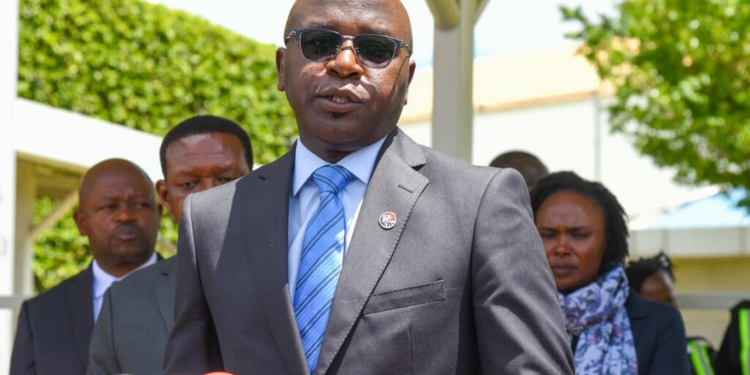







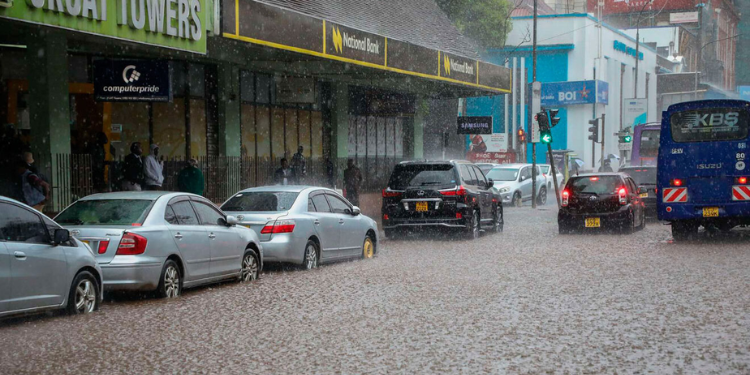

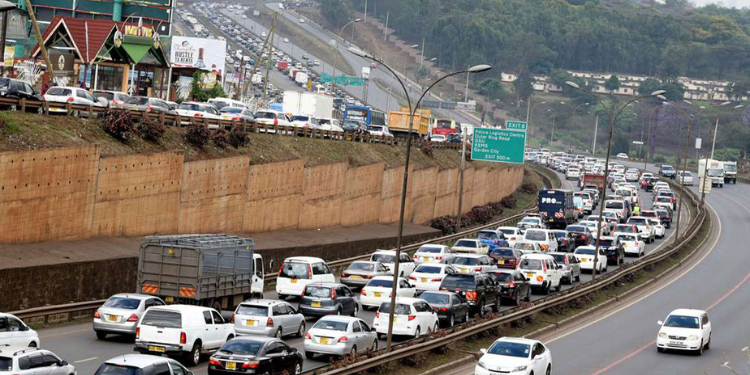






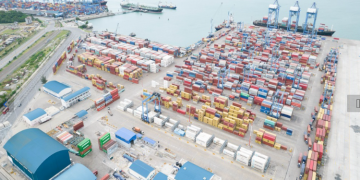



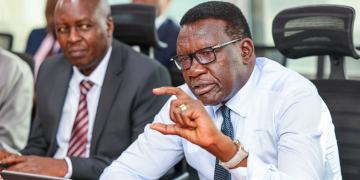
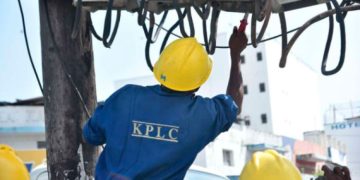
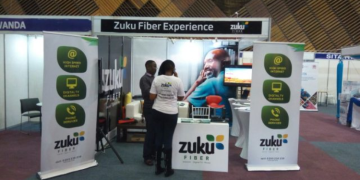
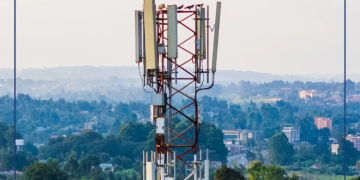
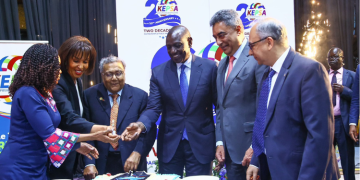



























![Senator Allan Chesang And Chanelle Kittony Wed In A Colourful Ceremony [Photos] Trans Nzoia Senator Allan Chesang With Channelle Kittony/Oscar Sudi]( https://thekenyatimescdn-ese7d3e7ghdnbfa9.z01.azurefd.net/prodimages/uploads/2025/11/Trans-Nzoia-Senator-Allan-Chesang-with-Channelle-KittonyOscar-Sudi-360x180.png)




















